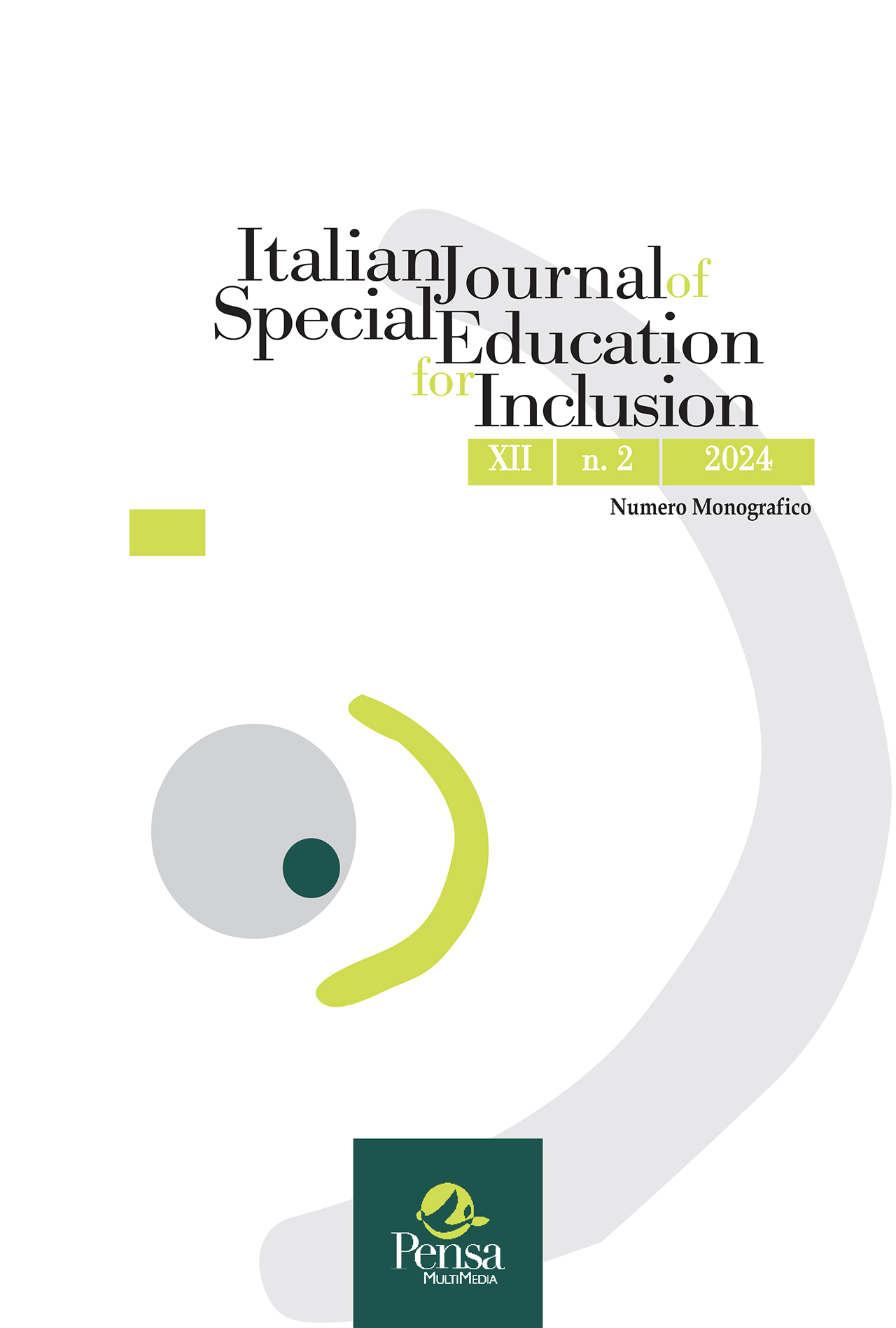Ethical competence in Italian and German teacher training for inclusive primary schools
DOI:
https://doi.org/10.7346/sipes-02-2024-18Abstract
Inclusive education in primary schools involves a wide range of ethical issues. Although teacher training across Europe aims to enable ethically reflective professional practice, previous research shows that student teachers are insufficiently qualified in terms of ethical competence. As Italy has a far longer tradition of school inclusion than Germany, the question arises as to whether student teachers in primary education (N=276) express different training needs in an online survey. Student teachers in Italy rated the ethical competence they had acquired during their training significantly higher and rated ethics in the curriculum as more important than student teachers in Germany. In both countries, student teachers wished for a higher priority to be given to the teaching of ethics, with a focus on applied competence objectives. Beyond country differences, the results show that student teachers recognise the ethical challenges of their profession and want to be empowered to face them.
Downloads
Published
Issue
Section
License
Copyright (c) 2025 Silvia Wiedebusch, Daniela Manno, Pia Jauch, Elena Paola Carola Alessiato, Michael Quante

This work is licensed under a Creative Commons Attribution 4.0 International License.


